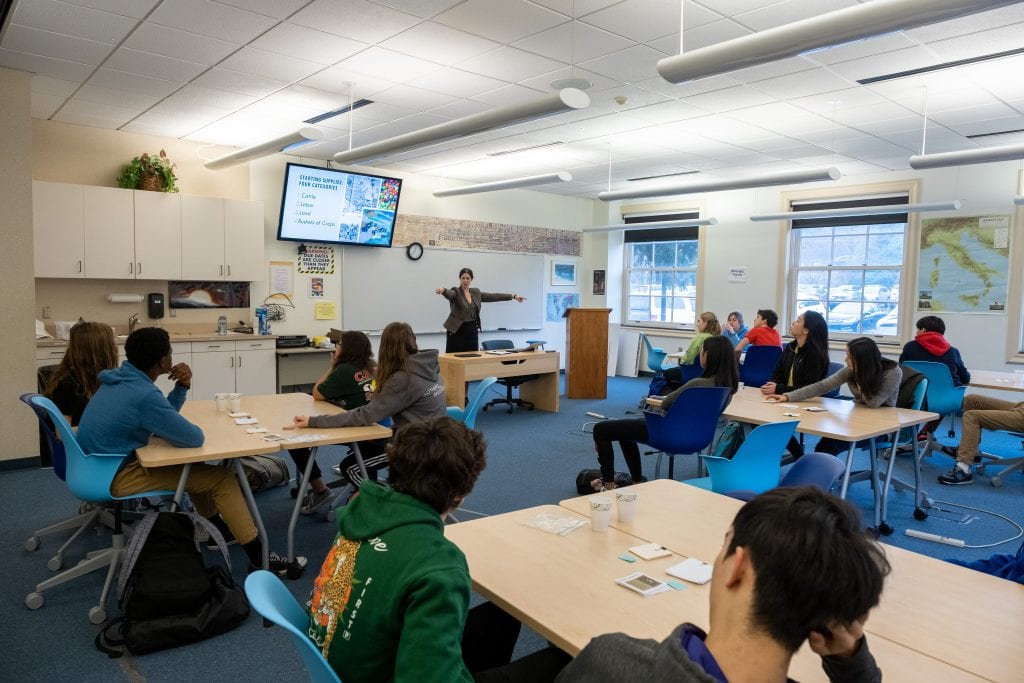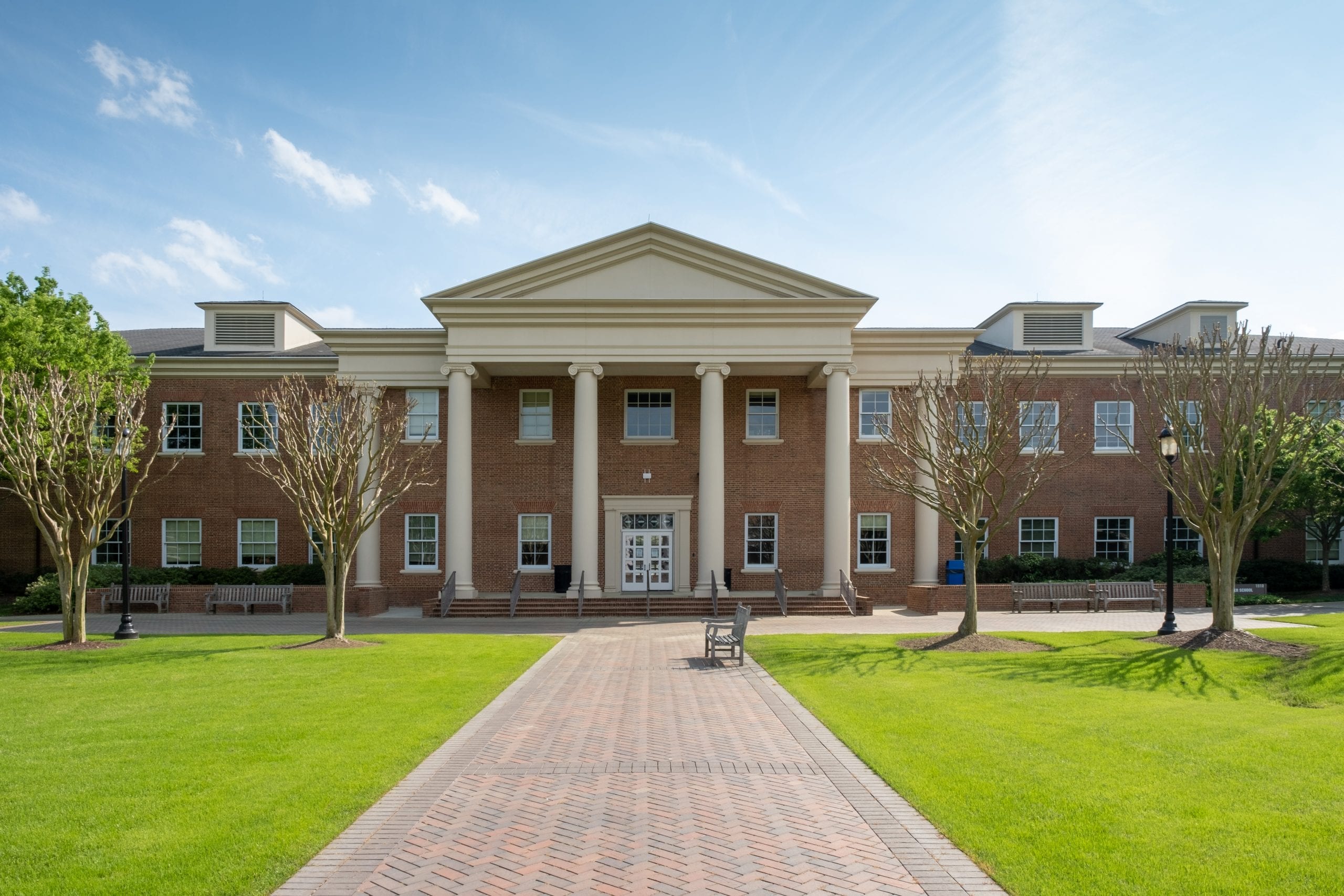Upper School
Social Sciences
CA doesn’t have a history department (it’s a bit more complex than that).
At CA, we’re not interested in plying you with historical trivia. We won’t ask you to memorize dates and past events in a historical vacuum. Instead, in our social science classes, you’ll learn how to use the lens of history, not only to investigate the past, but to develop a more complex and nuanced understanding of the ever-changing present—and even your place within it.
Our talented faculty are granted the freedom to create a varied slate of electives and Advanced courses. Driven by their passions (warning: they’re contagious), our curriculum showcases their diverse areas of expertise, from political science to economics to architecture to history and many more in between. The result? You won’t find a single, monolithic world history class here (nary a western civ textbook in sight!); no cookie-cutter approach to US history.
Instead, you’ll have the freedom to explore the regions, cultures, civilizations, eras, and themes that most interest you through engaging interdisciplinary projects, class discussions, and research opportunities. And you’ll delve into emergent global themes that are begging deeper, critical inquiry to make a contribution of your own to an ever-growing body of social science knowledge.
Maybe you’ll use computer modeling to tackle a modern constitutional issue like gerrymandering or gentrification in US History. Or create a real-world advocacy campaign to raise community awareness in Human Trafficking. Or gain insight on the legacies of colonization while representing a major empire during a simulation of the Berlin Conference in your North African History class. Or examine case studies from multiple perspectives to see how global, national, and local governments and private business interact to tackle climate issues and access to water in Advanced Environmental Policy.
By graduation, you’re going to be a more informed, responsible, and ethical citizen (look out world, here you come!). One that knows how to ask complex, nuanced, and multidimensional questions and can apply sophisticated social science techniques to develop and test theoretical answers. You’ll be able to leverage critical insights into how civilizations and societies develop and change, how power structures rise and take hold, to understand and decode the world around you.
Upper School



